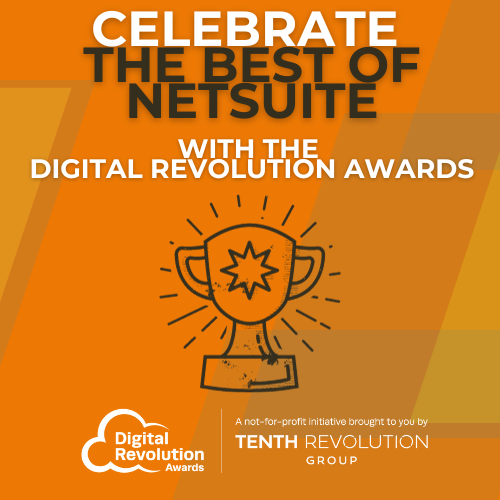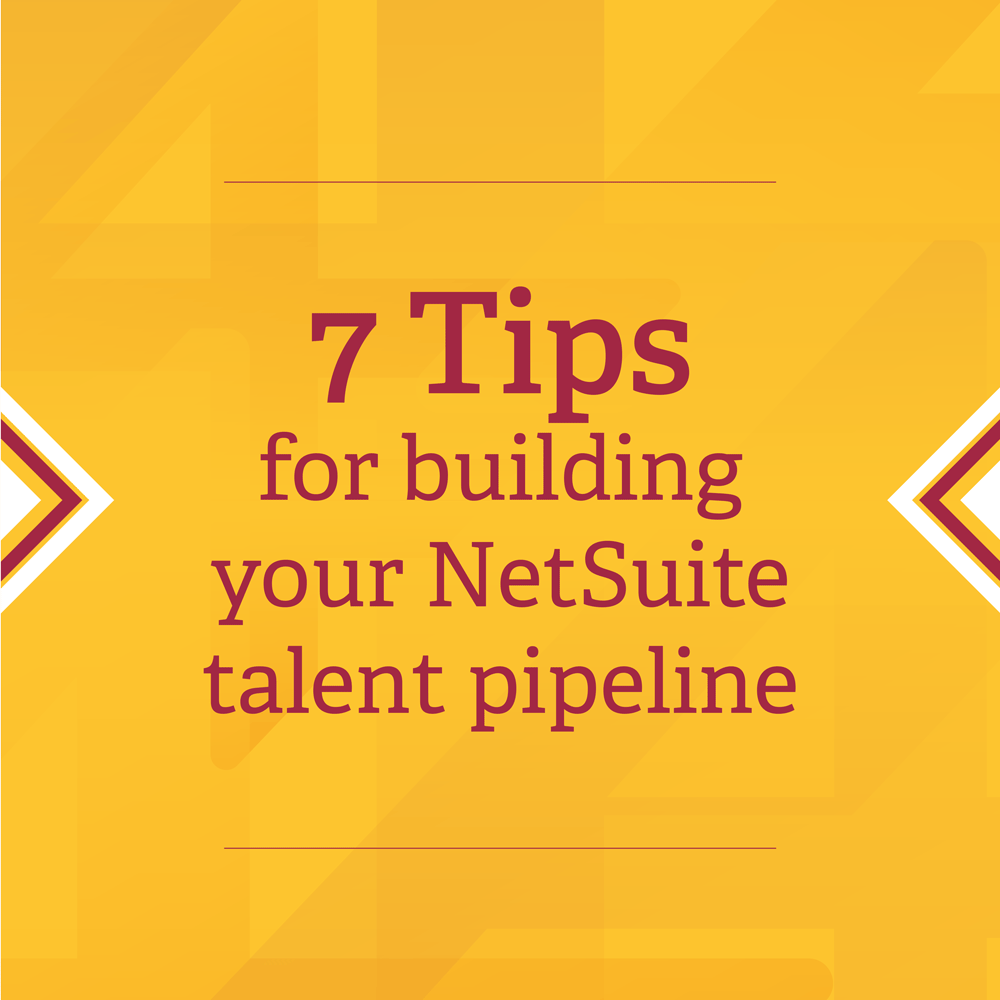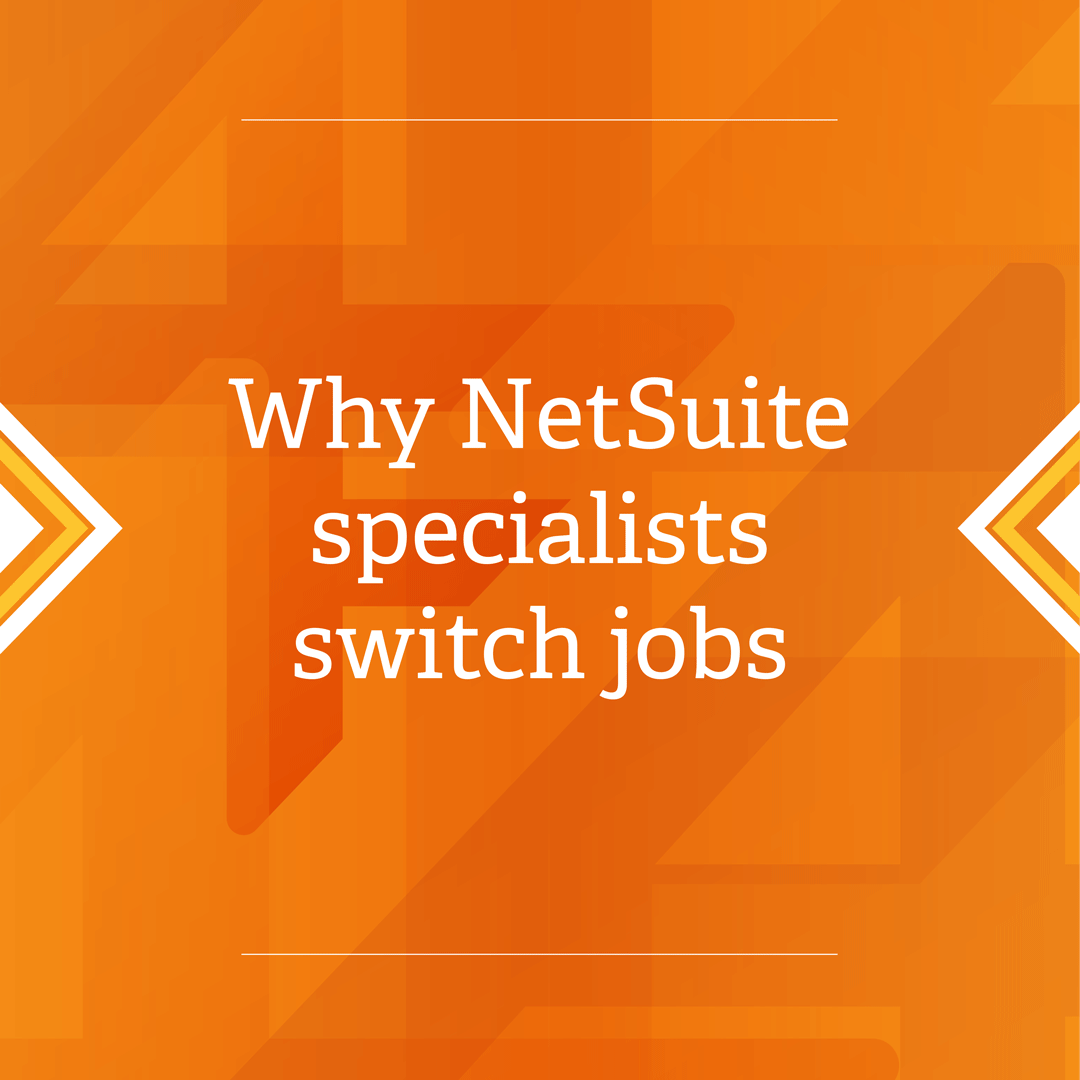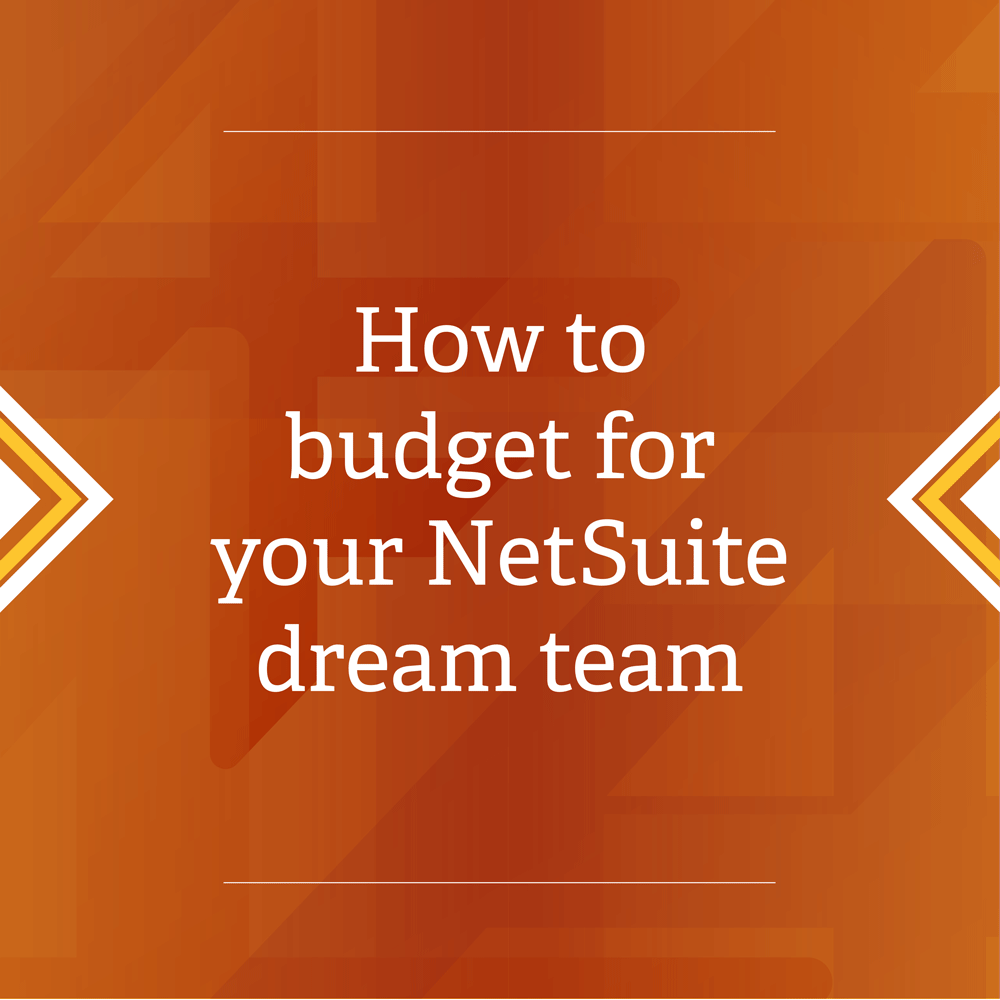Cloud vs on-premise ERP: what’s best for your business?
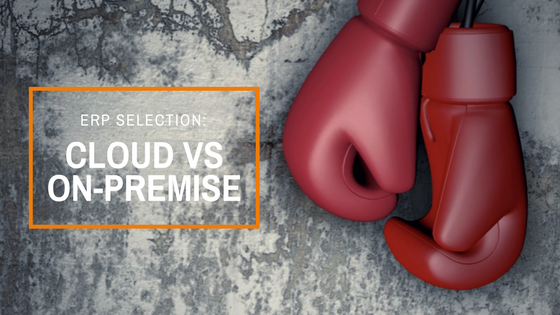
One of the most important decisions when choosing a new ERP system is whether you decide to go for cloud or on-premise ERP.
There are several key aspects you must clearly identify before you choose which option to go for. You must think about components such as security, storage, compliance, infrastructure, customizations, and integrations. Each system has advantages and disadvantages, and here we will take a look at which could work best for your company.
Learn more about ERP cloudWhat are cloud-based and on-premise ERP systems?
Firstly, you must be clear on exactly what the difference is between the pair. To put it simply, cloud ERP is when a company makes use of a vendor’s platform to host their essential data. An on-premise ERP solution, on the other hand, means that a company hosts their own data on their own hardware, well, on their own premises.
Cost and deployment of cloud vs on-premise ERP
Every ERP deployment, no matter which you choose, requires time and careful planning. However, the cost and time involved can vary depending on your decision.
With on-premise software, there is usually a significant upfront fee followed by ongoing investments as you continue to upgrade your software. In terms of product knowledge, you’ll either need staff with the knowledge of the product or source training, whether that’s via your in-house team or an external trainer. Also, bear in mind the cost of maintaining the server room as well as the hardware itself.
Compare this to cloud software, where your business pays a smaller sum initially but is an ongoing cost. For those worried about their carbon footprint, cloud applications use 91 percent less energy than its on-premise counterparts, according to an Oracle report.
The large expenditure associated with on-premise tends to deter small to midsize businesses; historically SMBs opt for a cloud-based ERP so that the cost is more evenly spread across the product’s lifecycle. The low entry cost required to introduce a cloud-based ERP system is part of the reason why 93 percent of enterprises have gravitated towards this option.
How much will a NetSuite ERP professional cost?
Download our independent NetSuite salary survey and gain access to salary benchmarks for your future ERP team
Security of cloud ERP compared to on-premise ERP
Security is very much the main concern for businesses, and this is certainly the case when it comes to choosing which software to use.
Cloud ERP leaves your data in the hands of the vendor. Even though they offer strict security processes, this can cause issues for some businesses as they never have complete peace of mind. A study by BT found that 49% of IT decision-maker respondents were ‘very or extremely anxious’ about how secure cloud services are.
However, while on-premise ERP allows your data security to be in your own hands, this can often be detrimental. The levels of security you have in place may not be as sturdy as you require, meaning you can be more vulnerable by going it alone rather than choosing a well-known provider.
This is because, although you consolidate your information into a centralized and encrypted server network when you implement an on-premise ERP solution, by choosing a vendor that uses a cloud-based system, they ensure their security is up to the task of protecting your valuable data.
To do this, cloud ERP vendors can help to minimize security breaches by hosting data across a number of different locations. In the worst case scenario where the cloud-based storage system is breached, the provider will swiftly act to alert their customers and help to resolve the issue. This is in their best interests too.
Implementation of cloud ERP vs on-premise ERP
When choosing on-premise, you can take complete control of the implementation process, meaning that you can feel assured everything was successful. The downside to this is that it could take significantly longer to implement than if you chose cloud ERP.
The time to implement the system via the cloud will be largely reduced due to the fact you aren’t able to customize it greatly. But, you can work with the vendor to see what changes are necessary.
Rob MacEwan, Director of Audaxium, a company who helps implement NetSuite, believes that the decision is a no-brainer and he’s ‘never seen an advantage’ in choosing an on-premise ERP system:
System upgrades and customization
On-premise ERP software allows you to modify your system, but these customizations are built into your current software which means that if there’s an upgrade by your provider, you would need to re-implement your changes, which could prove difficult.
If you were to choose an on-premise ERP solution, your IT department will be required to continuously manage and maintain your software and have a solid plan in place to update your data-related hardware, contracts and licenses.
This stressful, inconvenient, and time-consuming task is avoided if you choose cloud ERP. Some people believe you won’t be able to customize your system as much as if it were an on-premise ERP, but is that really the case? “SaaS ERP is just as configurable and customizable as on-premise,” argues MacEwan.
“I see clients every day with crazy business models implement NetSuite just fine. The only disadvantage may be the cost of additional storage. On-premise is more expensive short and mid-term and requires more technical and DBA skills. The updates are harder and you have to maintain your own hardware.”
Choosing the cloud route also allows providers such as NetSuite to upgrade your product continually, meaning that it’ll always be the latest and most advanced version of the software that you are using.
Conclusion
Unfortunately, there isn’t a one-size-fits-all ERP solution. Choosing between on-premise and cloud-based solutions isn’t always a cut and dry decision. “Your decision about which system to opt for should be based on what will benefit your business the most, rather than feeling forced to use the latest technology,” says Oracle EBS specialist Robin Miller.
| Cloud-based ERP | On-premise ERP | |
| Cost | ● Smaller up-front fee ● Monthly payments to vendor ● No additional in-house investments |
● Significant up-front fee ● Ongoing costs for upgrading ● In-house team required to deploy implementation |
| Security | ● In the hands of the vendor | ● In your own hands |
| Implementation | ● Significantly quicker | ● You’re in control, but it’s more time consuming |
| System upgrades and customization | ● Perceived lack of customization ● Vendor automatically upgrades your system |
● Easier to customize ● Need to manually upgrade your system |
Cost is a big factor to consider but the value of a secure, customizable system that can deliver the full package of features your business needs cannot be overlooked.
Wendy Gorrie, General Manager at BAASS Business Solutions Ltd, says there are many other questions you must ask yourself when you’re embarking on an ERP implementation.
“You first need to determine the level of independence you wish to have during the implementation before you choose your platform,” says Gorrie.
“You should also think about whether you require local support, what budget you have, what are the must-have items, and also review the subscription agreements to determine what access the organization will have to the data.
“Can you tolerate downtime during the cutover, or do after-hours tasks need to be scheduled?” Gorrie adds. “Has a needs assessment been developed and what procedures and policies need to change as a result? What is the long-term plan and does the design of the system support those goals?”
If you’re choosing a cloud-based ERP system, you need to do your reference checks on the cloud vendor and implementation firms and make sure you pay attention to user-based reviews.
These are all questions you must have a clear answer before you complete your ERP selection.
Speak to an ERP specialist
Our database is filled with pre-qualified, highly skilled NetSuite consultants who can help you make the right decision with your ERP software. Take a look at our job board today!

